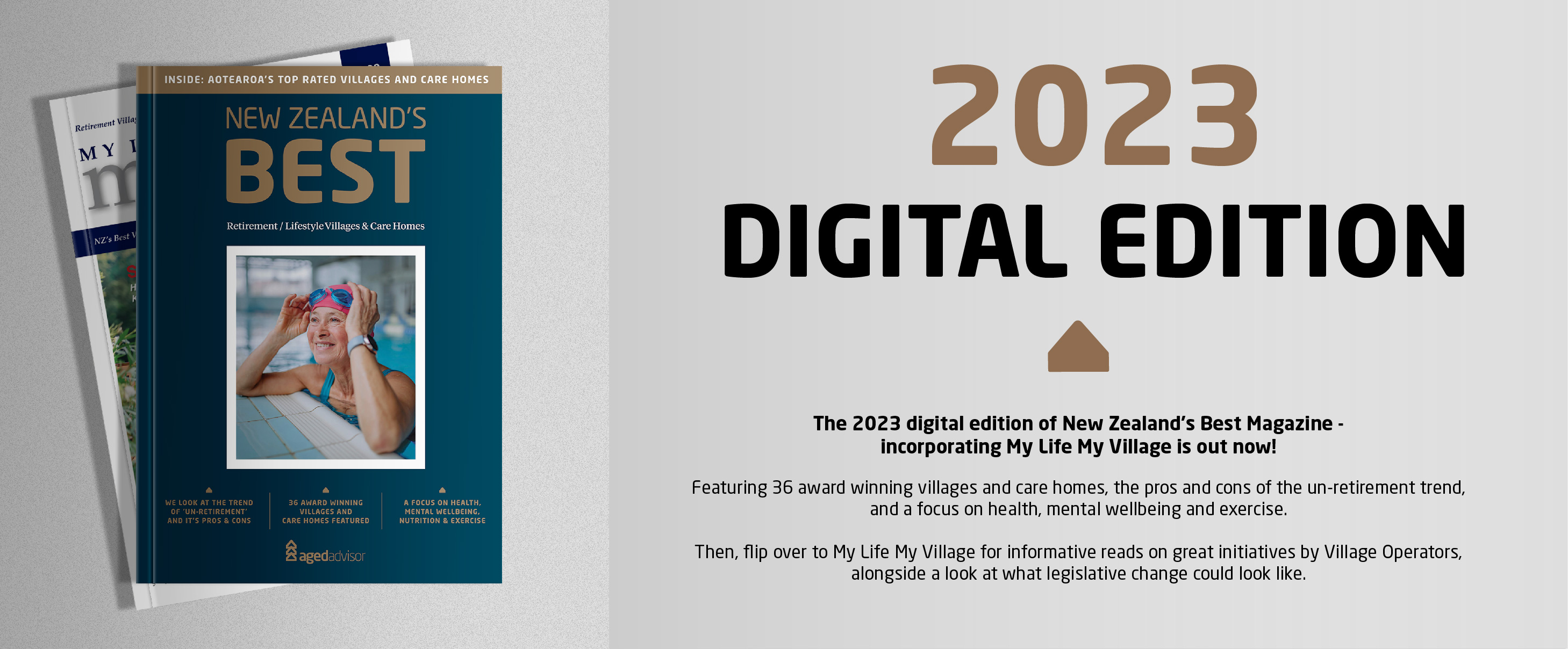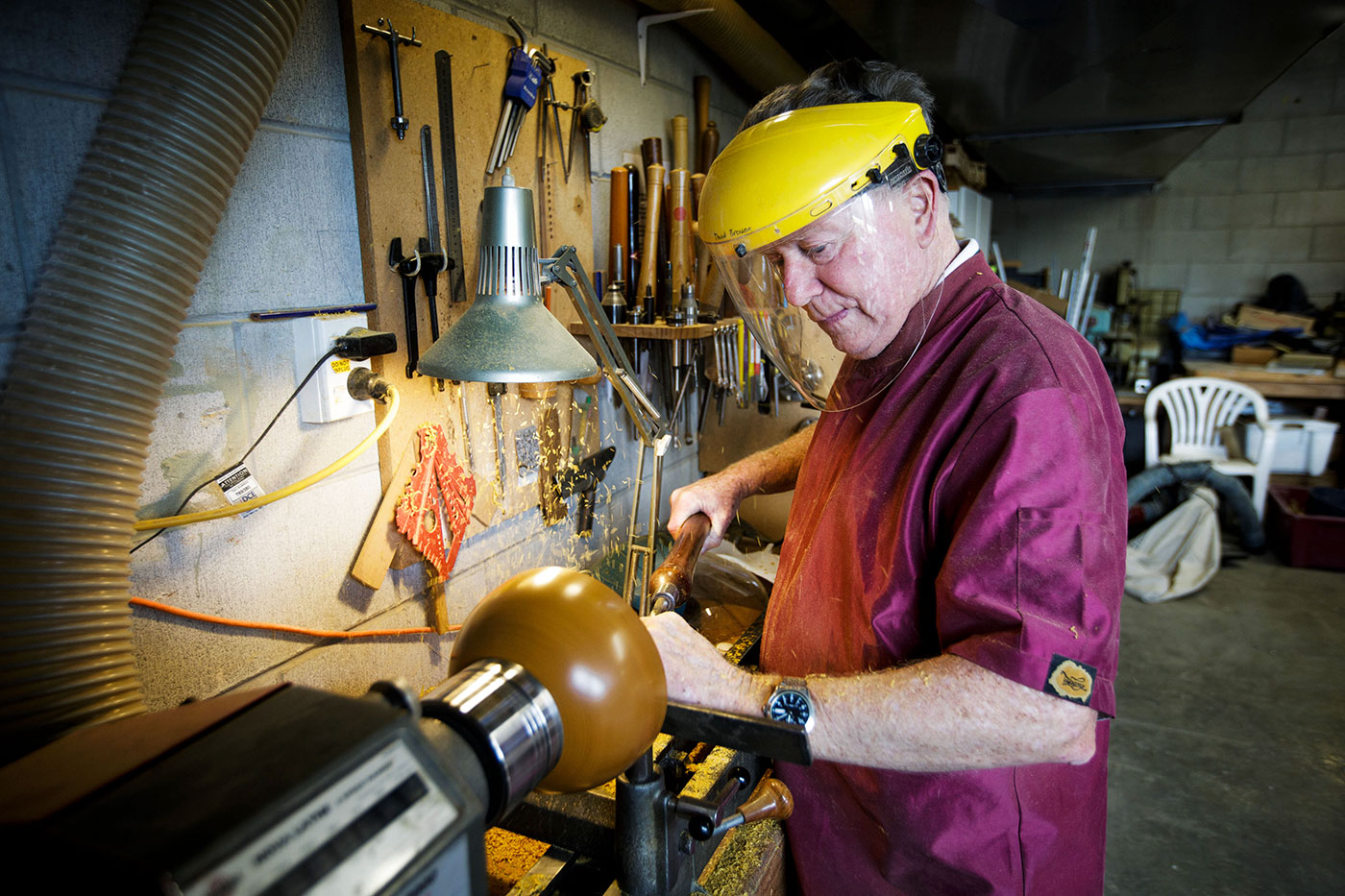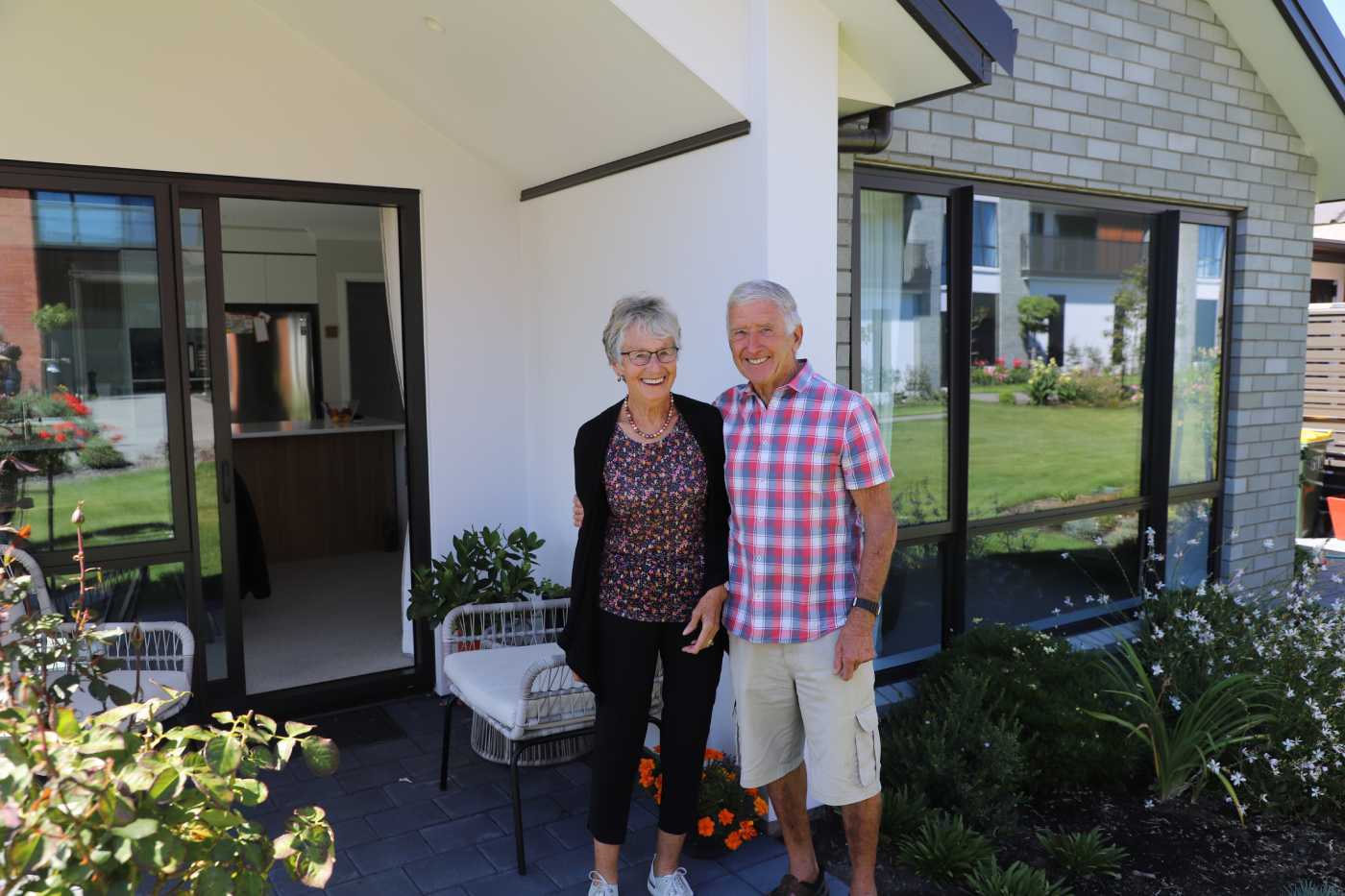
Defining Aged Care / Residential Care in NZ

Helping to understand aged care / residential care in NZ. If you're reading this, it's probably because you or a loved one is thinking it might be time that you started finding out about the retirement villages and the residential / aged care options that are available to you. For many of us it is not a decision that we want to face. It was my father who said "The only way that I thought I would be leaving my house (of 45 years) was in a box!".
Unfortunately, those decisions are sometimes made for us, without our desire - due to an accident or a change in health circumstances. Whatever the reason, in New Zealand we have a variety of options to help us, in the way of rest home care, respite, hospital care, dementia care, psychogeriatric care and palliative care. Each of these provide a level of care based on our needs. Trying to find out the definition of rest home, medical care, dementia care etc. has proven difficult in the past, so we've included an explanation of each of the residential care services offered in New Zealand, below.
If you're looking for a retirement or lifestyle village in New Zealand, then you'll also want to know what continuum of care they offer, as NZ retirement villages vary widely in the range of services and care that is onsite.
With over 1000 aged care facilities and retirement villages throughout Auckland, Wellington, Christchurch and the rest of New Zealand, we have a great selection on offer.
Of these, over one third are actually part of multiple facilities owned or managed by Corporate Groups or not for profit Providers. A quick google search will bring up the main ones, but we've included the following list below (in alphabetical order), as an overview of the providers in New Zealand with 10+ retirement villages and/or aged care facilities.
Arvida
Bupa
CHT Healthcare Trust
Dementia Care NZ
Golden Age Care
Masonic Care
Metlifecare
Oceania
Presbyterian Support
Radius
Rymans
Summerset
A new feature on the agedadvisor website (available in October) will allow you to rank the multiple facility providers based on size or review scores at agedadvisor.nz
Understanding what the various residential care services offered will help you be better informed. Let's start with the definitions of services and care offered:
The District Health Board (DHB) contracts out the assessment of people requiring additional care services to "Need Assessment Services Co-ordination (NASC) agencies. Information on the Needs Assessment can be found at https://www.health.govt.nz/system/files/documents/publications/support-services-older-plev2.pdf
Assessments are made using a standardised system known as interAI. See here for more information on interAI
The assessment will then determine the type of assistance / care that is best suited for your situation. The following definitions on the types of care available were supplied by HealthCERT (see below) to Aged Advisor in July 2015 (in easy to understand language) as well as being defined under the Health and Disability Services (Safety) Act 2001:
Age Related Residential Care (ARRC) - Also known as Aged Residential Care Services.
Services provided in accordance with an Agreement held with a district health board (DHB) to provide 24-hour provision of hotel services and personal care in continuing care (hospital care), specialist dementia services and rest home care.
Hospital care is as defined in section 4 of the Health and Disability Services (Safety) Act 2001.
Rest home care is as defined in section 6(2) of the Health and Disability Services (Safety) Act 2001.
Rest home Care.
These are services that;
• are residential care services provided for the care or support, or to promote the independence, of people who are frail(whether because of their age or for some other reason) - neither include, nor are provided together with, geriatric services.
• are provided for three or more people unrelated by blood or marriage (or a relationship in the nature of marriage) to the person providing the services.
• are provided in premises held out by the person providing the services as being principally a residence for people who are frail because of their age.
• are provided in consideration of payment (whether made or to be made, and whether by the Crown, the people for whom the services are provided, or any other person).
and may include dementia care services.
Rest home Dementia Care (ARRC)
The provision for the safe and therapeutic care of residents affected by dementia in an environment that enhances quality of life and minimises the risks associated with their confused states.
Hospital (or medical) Care.
Children’s health services, geriatric services, maternity services, medical services, mental health services or surgical services (or a combination of two or more of those services), where the services are provided:
in premises held out by the person providing or intending to provide them as being capable of accommodating two or more of the people for whom the services are provided for continuous periods of 24 hours or longer in consideration of payment (whether made or to be made, and whether by the Crown, the people for whom the services are provided or any other person).
Aged Residential Hospital Specialist Services (ARHSS)
Aged residential hospital specialised services, provided in accordance with an Agreement held with a district health board to provide 24-hour provision of hotel services and personal care, in the category of psychogeriatric care. Psychogeriatric care is a form of hospital care as defined in section 4 of the Health and Disability Services (Safety) Act 2001.
(Also known as Aged Residential Care Services (psychogeriatric)).
Residential Hospital Medical
The provision of Medical Services as defined under the Act must be restricted to patients with disabling conditions of
a medical nature and patients undergoing a period of rehabilitation from an injury or illness requiring hospital care but
excluding patients who would be admitted with an acute medical condition.
Residential Hospital Geriatric
Continuing care (hospital) (being “hospital care” as defined in section 4 of the Health and Disability Services
(Safety)Act 2001)
Residential disability care
Residential care provided in any premises (including aged care premises) for five or more people with an intellectual, physical, psychiatric or sensory disability (or a combination of two or more such disabilities) to help them function independently.
Services not specifically defined under the Health and Disability Services (Safety) Act 2001 include;
Palliative care (Palliative Council NZ) - Sometimes referred to as 'End of life'
The provision of care for people in their last days of life focused on achieving principles of care which are based on
Te Whare Tapa Wha, the four cornerstones of health enabling an holistic approach to care and addressing physical,
family, psychological, and spiritual aspects which are important in the last days of life.
The plan should be agreed, co-ordinated and delivered with compassion and take into account any wishes expressed
in an advanced care plan. The individual plan of care should be documented and undergo regular review.
The full list of Health and disability services that come under the DHB are as follows;
hospital care – children’s health services
hospital care – geriatric services
hospital care – maternity
hospital care – medical services
hospital care – mental health services
hospital care – surgical services
rest home care
residential disability – psychiatric
residential disability – physical disability
residential disability – sensory
residential disability – intellectual
mental health services
mental health services – drug or alcohol abuse services.
So, why is it important to know the definitions of these services? Here's a couple of possible scenarios (some of which we have experienced or witnessed firsthand)
1. An elderly couple had moved into a retirement village (independent living) when the wife began to experience falls on a regular basis, and required hospital level care. This facility had Hospital and Dementia level care. The husband stayed in the village and visited his wife daily. After a year, the husbands health had deteriorated and was assessed at Resthome level care. Because the facility did not have rest home care - the only options were to move just the husband or both of them to another facility. Naturally both were moved.
2. Shifting someone into a facility only to find that they later require dementia care, and there is no care, can cause distress on the resident, when they need to be moved and they are already happy where they are.
Additional associations that are also related to this sector;
NZACA
NZRVA
NZRVRA
MOH
HealthCERT
DHB
SFWU
NZNO











